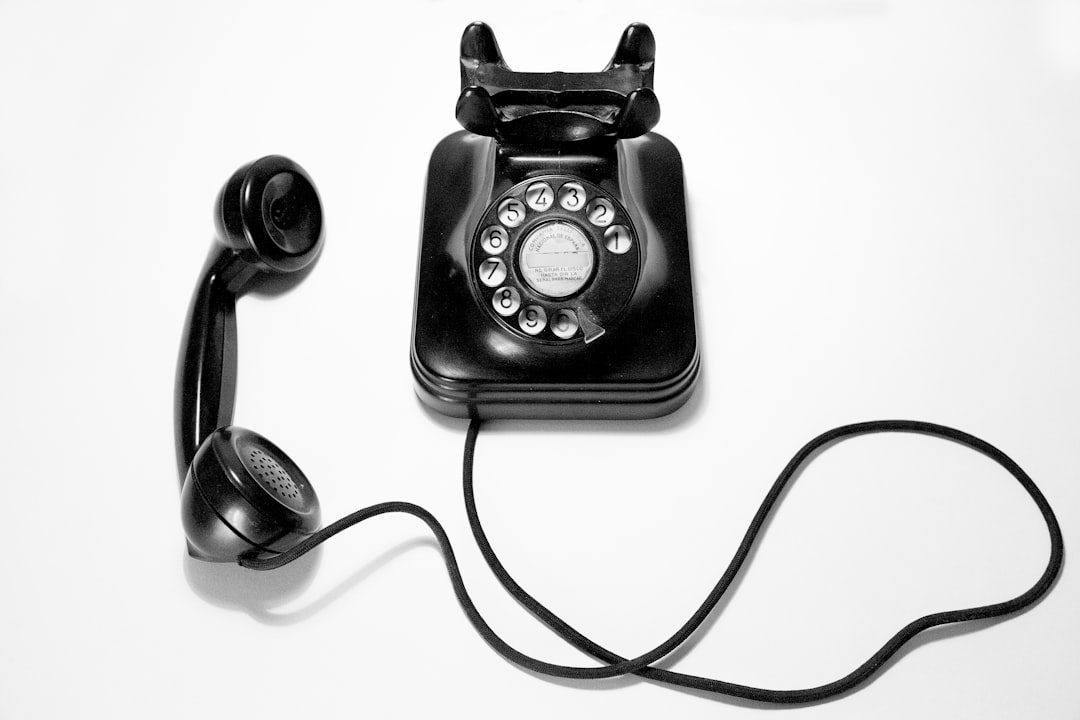Maine's "No Call" laws strictly regulate telemarketing, requiring businesses to respect resident privacy by obtaining explicit consent, avoiding blocked numbers, and ignoring "do not call" requests. Non-compliance leads to substantial fines, while compliance involves detailed record-keeping, proper permissions, and knowledge of local regulations to avoid legal issues and maintain business reputation.
In the ever-evolving landscape of telemarketing, understanding state regulations is paramount. This guide focuses on Maine’s stringent No Call Laws and record-keeping requirements. As businesses navigate the complexities of remote sales calls, adhering to these laws is crucial to avoid penalties. We’ll delve into specific dos and don’ts under No Call Laws, explore detailed record-keeping practices, and provide insights on maintaining accurate phone records, ensuring compliance and safeguarding consumer rights in Maine.
Understanding Maine's Telemarketing Laws

Maine has specific laws regarding telemarketing practices, including “No Call” laws that restrict unsolicited phone calls for marketing purposes. Businesses operating within the state must adhere to these regulations to ensure compliance and maintain a positive customer relationship. Understanding these laws is essential for companies engaging in telemarketing activities, as violations can result in penalties.
The “No Call Laws Maine” prohibits businesses from making telephone solicitations to consumers who have registered their numbers on the state’s Do Not Call list. This list offers residents a way to opt-out of such calls, ensuring peace of mind and reducing unwanted marketing efforts. Businesses must implement robust record-keeping practices to track consent, monitor call data, and respect consumer choices, thereby fostering trust and avoiding legal complications.
No Call Laws: Do's and Don'ts

In Maine, understanding and adhering to No Call Laws is crucial for telemarketers. These laws are designed to protect residents from unwanted phone calls, ensuring they have control over their privacy. Do’s include obtaining explicit consent before dialing, respecting “do not call” requests, and maintaining accurate records of calls made. Don’ts involve making calls to numbers on the state’s “do not call” list, ignoring or failing to record consents, and missing required training on these laws.
Violating Maine’s No Call Laws can result in significant fines. To stay compliant, telemarketers should familiarize themselves with local regulations, keep detailed logs of interactions, and ensure all calls are initiated with the necessary permissions. By following these practices, businesses can maintain a positive reputation and avoid legal repercussions.
Record-Keeping Requirements for Compliance

In Maine, strict regulations govern telemarketing practices to protect consumers from unwanted calls, known as the No Call Laws Maine. These laws mandate that businesses involved in telemarketing activities maintain detailed records of all phone calls made to potential customers. The record-keeping requirements are designed to ensure compliance with the state’s privacy and consumer protection regulations.
Businesses must document the date, time, duration, and content of each call, including any offers or promotions discussed. Additionally, the records should include contact information such as names, phone numbers, and email addresses of individuals called. Proper record-keeping is crucial for telemarketers to demonstrate compliance with Maine’s No Call Laws and avoid potential legal consequences.
Maintaining Accurate Phone Records

Maintaining accurate phone records is paramount for any telemarketing operation in Maine, as it helps businesses stay compliant with state regulations, particularly those concerning No Call laws. Every call made or received should be meticulously documented, including the date, time, duration, caller ID, and a brief description of the conversation. This detailed record-keeping not only facilitates compliance but also serves as valuable data for tracking sales performance and customer interactions.
Businesses must ensure that their record-keeping practices are secure to protect sensitive information. Digital platforms or specialized software can streamline this process, offering features like automated call logging, customizable fields, and easy retrieval. By adhering to these stringent record-keeping requirements, Maine businesses can safeguard themselves from potential legal issues and maintain a professional, ethical approach to telemarketing.






